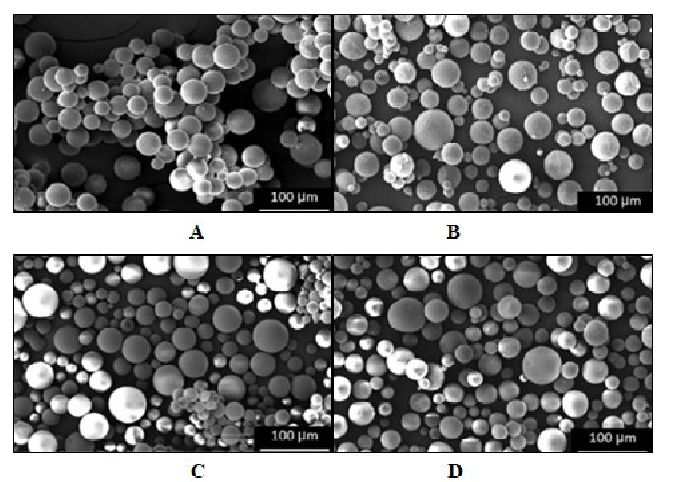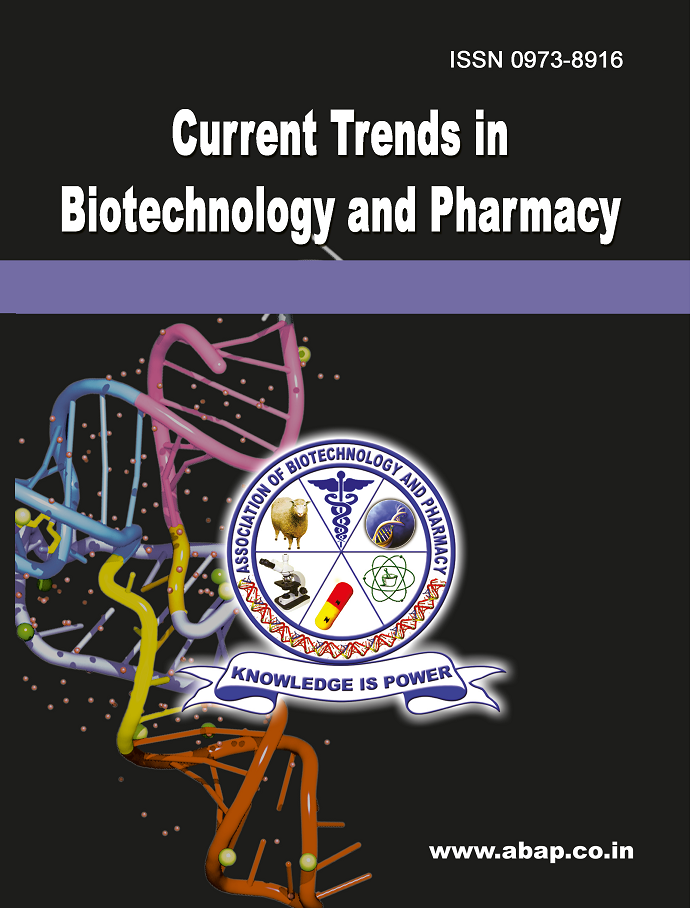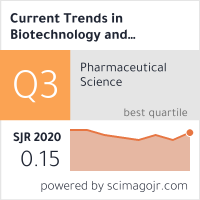Comparative Effects of Ocimum tenuiflorum and Ocimum basilicum on Isoniazid Microsphere Formulation Characteristics Prepared by Different Methods
DOI:
https://doi.org/10.5530/ctbp.2022.3s.66Keywords:
Microspheres, Double emulsion method, Complex coacervation method, Isoniazid, Ocimum tenuiflorum, Ocimum basilicumAbstract
Due to difficulties such as bacterial resistance, unpleasant effects, and low patient compliance with anti-tubercular drugs, tuberculosis treatment remains a challenge. Microspheres are a sort of multiparticulate drug delivery system that is used to distribute a drug for a longer period of time, boost bioavailability or stability, and target specific locations. Isoniazid is an important first-line anti-tubercular drug used in tuberculosis treatment in a fixed-dose combination. We attempted a unique way to address the above-mentioned obstacles of tuberculosis therapy by merging both these methodologies of microspheres and bioenhancers in the current work. Bioenhancers are 'bioavailability enhancers,' which have no therapeutic effect but enhance the action of drug molecules when administered in combination. The comparative effect of Ocimum tenuiflorum and Ocimum basilicum as a bioenhancer was studied and compared to a formulation without bioenhancers. Two processes are used to make microspheres: Complex Coacervation and Modified Emulsion Method. In-vitro release, drug entrapment efficiency, % bioadhesion, and permeability of the microspheres were all assessed using the intestinal sac method. In-vitro drug release from formulations containing Ocimum tenuiflorum and Ocimum basilicum as bioenhancers was reported to be around 56- 84% in 12 hours. The microspheres were discovered to be smaller than 120 microns in diameter. The DEE was shown to be between 39-78%. The bioadhesion of the microsphere was determined to be 38-82% (increased in formulations where bioenhancers incorporated). The major findings of the USP paddle apparatus in-vitro release study concern the extraordinarily large increase in drug release due to the presence of bioenhancers.



